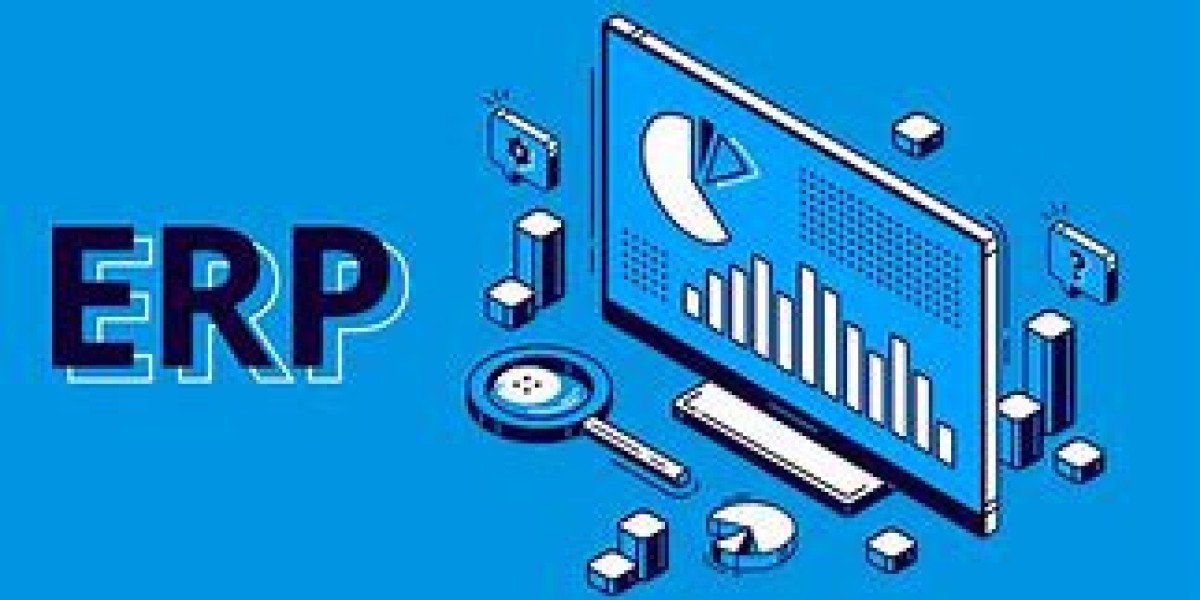1. You broke the four-hour rule
If you spend more than four hours gathering important data, such as incoming orders, pending orders, critical inventory, profit margin per order, or KPIs for revenue per customer, then you are at a serious disadvantage. When it takes a long time to generate actionable information, your manager will be forced to make major decisions based on intuition.
In addition, the lack of real-time data means that you can't know how your business is performing until the annual financial report is out. If you don't know where you'll be at the end of the quarter, how should you manage areas like marketing and sales? If you can't generate reports on critical information promptly, it's time to adopt a system that frees up access to business data.
2. You rely on Excel
Excel is a great tool, but if you rely on a single Excel sheet and pivot sheet for departments like financial accounting, project management, schedule, cash management, etc., then it's time to find ways to better integrate the value chain.
A good ERP system will bring all these parts of the value chain together for a more streamlined operation.
Even with the proliferation of cloud-based tools, employees in different business areas often still work through on-premises spreadsheets. A good ERP system will bring all these parts of the value chain together for a more streamlined operation.
Spreadsheets are helpful, but as your business continues to grow, you'll need a more robust system to handle your operations.
3. Your ability to reduce costs and increase profits is limited
If you want to reduce costs or find a new way to increase profit margins, where do you start? Without a complete understanding of your value chain, complete cost structure, timelines, and key dependencies, you will make decisions based on intuition and guesswork.
If you want to grow your business, you need full access to the data that drives and defines it. If you can't access it quickly, you have to introduce an ERP system that can house your data and give you real-time insight into the inner workings of your operations.
4. You often cause delivery delays
Aside from poor product quality, nothing annoys customers more than inconsistent delivery. If you keep missing delivery deadlines, it's a clear sign that your current system isn't up to the challenges of your business.
Without a solid integration of sales, supply chain, and production, you won't have the flexibility to respond to setbacks or changes without interrupting delivery. For example, if a critical part is not automatically reordered, then due to a lack of communication between departments and a lack of up-to-date information, you won't realize it until you miss the shipment.
Moreover, without the means to track customer orders throughout the production process, you can't even guarantee the customer's delivery date in the first place. This is unacceptable in industries that rely on just-in-time delivery, such as automotive, aerospace, and technology. An ERP system gives you the visibility and integration you need to meet strict delivery schedules and easily adapt to unexpected situations.
5. Your team rejects your current system
This is the most important sign that it's time to upgrade to a new ERP solution. If your employees don't know why they have to use your current system, or if it's making their job more difficult, they'll most likely find a way to fix it.
If this happens, the problem is that your ERP system and your business are still in two different worlds. Ideally, there should be no separation between your business and the systems that run it, so look for an ERP solution that can grow and change with you.
Search
Popular Posts
-
 UFABET สุดยอดเว็บพนันแห่งปี2022
By totoza564
UFABET สุดยอดเว็บพนันแห่งปี2022
By totoza564 -
 Call Girls Service In Chennai !! High Profile Call Girls Chennai
By sonal nair
Call Girls Service In Chennai !! High Profile Call Girls Chennai
By sonal nair -
 Dehumidifiers Malta - Get the Perfect Humidity Balance in Your Home
By dlgroupmalta
Dehumidifiers Malta - Get the Perfect Humidity Balance in Your Home
By dlgroupmalta -
 Shop Home Appliances in Malta | Get Quality Appliances at Low Prices
By dlgroupmalta
Shop Home Appliances in Malta | Get Quality Appliances at Low Prices
By dlgroupmalta -
 Welcome to Udaipur Escorted offerings at Affordable Rate
By neel1998
Welcome to Udaipur Escorted offerings at Affordable Rate
By neel1998



